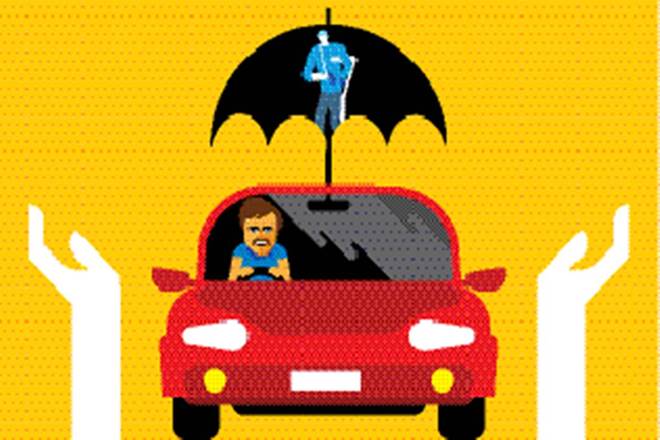
With the new rules and regulations brought down by the Insurance Regulatory and Development Authority (Irdai), the need for buying a car insurance policy has now become imperative. However, the premium with which you buy an insurance policy today might not be the same next year. Various factors affect the premium of a policy, and while renewal you might even end up paying a higher premium.
Experts suggest that to deal with this, policyholders should be aware of some of the important factors that affect the car insurance premium. Animesh Das, Head of Product Strategy, ACKO General Insurance, says, “Every insurance company follows different logics for calculating your car insurance premium, but there are a few standard things which you should do to avoid an increase in premium.”
These 5 factors will help you with a lower premium, ensuring car insurance with the same benefits and coverage.
1. Using the no-claim bonus (NCB) to advantage. You get NCB in case you don’t make small claims under your policy for minor accidents. NCB can go as high as 50 per cent for 5 claim-free years, which varies from company to company. In case you make a claim, then the NCB resets to zero which leads to a higher insurance premium. Hence, drive safely to avoid paying the higher insurance premium. Das says, “Policyholders should avoid making claims for small damages. You should always check the amount you may lose in NCB versus the repair cost.” If the NCB amount is higher than your repair cost, then you should bear the cost of small damages on your own.”
2. Experts suggest one should always avoid lapsing your policy. Most insurance companies inspect the vehicle, in case you miss the deadline for your policy renewal. Through this inspection, they might charge a higher premium and/or even build the cost of inspection in your premium amount. However, if you lapse the policy for more than 90 days, then you lose the NCB completely.
3. At the time of renewal, the age of the vehicle determines the insured declared value (IDV) and the premium you pay. Hence, always set the correct Vehicle Value on which you are buying insurance. The insurance premium you pay depends on the vehicle value and thus if you’ll end up declaring higher IDV, then the premium will be high. The IDV is calculated based on the years of use, depreciation which is applied to the ex-showroom price. This process is applicable in case of vehicles up to five years old. For older vehicles, their market value is taken as the IDV.
4. You should also opt for relevant add-ons. Apart from the basic cover, you can opt for multiple add-ons like Zero Depreciation, Engine protects that will help you avoid paying a higher premium in the long run. However, adding riders to a regular motor cover will add to the premium as well. Experts suggest, if a policyholder does not have a personal accident cover or sufficient life insurance, it will be wise to bundle these products than taking separate covers. While opting for these add-ons, one should evaluate and take a call basis their needs.
5. Policyholders can also buy directly from insurance company online. If you are comfortable in understanding the product, then you should go for an insurer’s website to buy a policy. Most of the insurers offer their prices on their own website.
[“source=financialexpress”]

